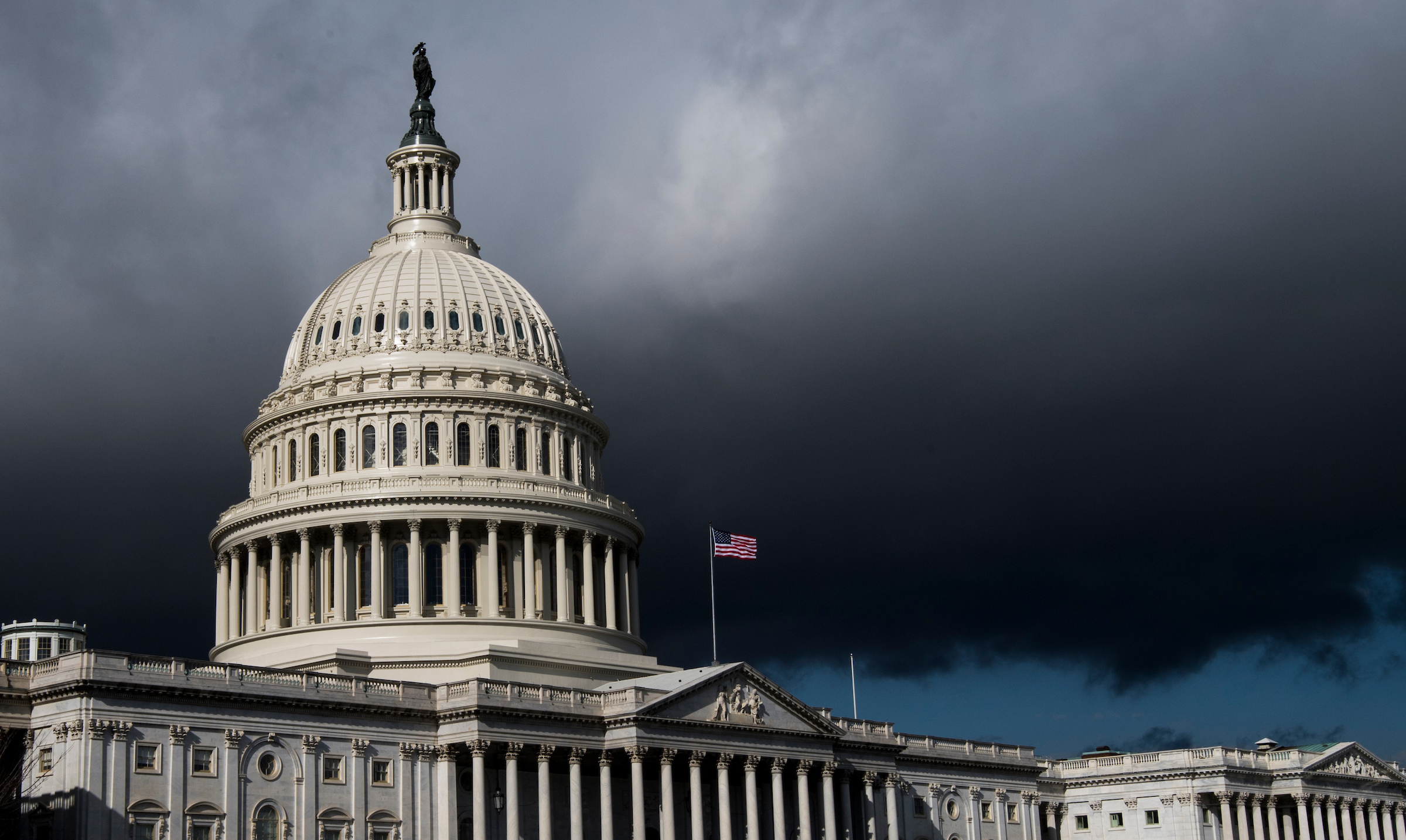Already a subscriber? Make sure to log into your account before viewing this content. You can access your account by hitting the “login” button on the top right corner. Still unable to see the content after signing in? Make sure your card on file is up-to-date.
The Senate is moving forward with a vote that seeks to restrict President Trump’s ability to conduct military strikes against Venezuela without congressional approval.
Some shit you should know before you dig in: Over the last three months, the United States has continued to surge military assets into the Caribbean in what the White House describes as a large-scale counternarcotics operation targeting drug trafficking routes originating from Venezuela. The US Navy has deployed nine warships, including three guided-missile destroyers, along with a nuclear-powered submarine and a fleet of aircraft such as F-35 fighter jets, surveillance planes, and drones. In addition to this, the United States is moving an entire carrier strike group to the region (which will bring the number of US naval assets to close to 20). While the Pentagon maintains the buildup is focused on disrupting narcotics smuggling networks, some military analysts argue the scale and nature of the deployment suggest a broader objective, possibly laying the groundwork for deeper intervention in Venezuela.

What’s going on now: Lawmakers in the Senate are preparing to vote on a bipartisan war powers resolution that would prohibit President Trump from using US military force against Venezuela without explicit authorization from Congress. The measure, introduced by Democratic Senator Tim Kaine of Virginia and backed by 15 cosponsors (including Republican Senator Rand Paul), seeks to reassert congressional authority over matters of war. Kaine and his allies argue that while combating drug trafficking is a legitimate national security interest, the Constitution requires that any expansion into armed conflict be debated and approved by Congress. They say that continued military action without oversight risks unintended escalation and undermines the separation of powers.
The resolution specifically directs the president to terminate the use of US Armed Forces for hostilities “within or against Venezuela,” unless Congress formally declares war or grants specific authorization. Ahead of the vote, the Trump administration has moved to justify its recent military actions (striking alleged narco boats) to Congress. Senior officials (including Secretary of State Marco Rubio and Defense Secretary Pete Hegseth) briefed lawmakers in a classified session, outlining the legal and intelligence basis for the strikes. According to some reports, the administration maintains that the operations do not put American service members in harm’s way and therefore do not constitute “hostilities” under the War Powers Act. Additionally, officials assured lawmakers that there are currently no plans for strikes inside Venezuela.
Still, the administration has acknowledged that it is pursuing a separate legal opinion that could potentially justify future land-based strikes without returning to Congress for approval. This revelation has alarmed lawmakers on both sides of the aisle, who fear that the US military buildup may be a prelude to more direct intervention.







